Two days after the declaration of Bola Ahmed Tinubu as Nigeria’s president-elect, following the conclusion of the presidential and National Assembly elections, six states have dragged the Federal Government to the Supreme Court.
The states – Adamawa, Akwa Ibom, Bayelsa, Delta, Edo and Sokoto – are asking the apex court to declare that the pronouncement of Bola Ahmed Tinubu, the candidate of the ruling All Progressives Congress (APC), as winner of the February 25 presidential election is void.
Join our WhatsApp ChannelRecall that the Chairman of the Independent National Electoral Commission (INEC) who is the chief returning officer of the presidential election, on Wednesday morning at the National Collation Centre, Abuja, had declared Tinubu of the APC as winner and president-elect.
6 States in Supreme Court
In the suit filed on February 28, (a day after the declaration) by the Attorneys-General of the six states, the plaintiffs argued that the entire results of the presidential election announced by the INEC Chairman are in flagrant violation of the provisions of the Electoral Act.
The suit was filed pursuant to sections 6 (6)14(3)153(2) and 252 of the 1999 Constitution as amended, and the inherent jurisdiction of the Supreme Court and has the Attorney General of the Federation as the sole respondent.
They are specifically seeking “a declaration that the entire results of the Presidential Election conducted on the 25th of February, 2023 announced by the Chairman of INEC at the National Collation Centre, Abuja, in flagrant violation of the provisions of Sections 25; 47(2); 60 (1), (2), (4) & (5); 62; 64(4)(a) & (b); 70; and 148 of the Electoral Act, 2022, governing the 2023 nationwide general elections, particularly paragraphs 38 of the INEC Regulations and Guidelines for the Conduct of Elections, 2022; and paragraphs 2.8.4; 2.9.0; and 2.9.1 of the INEC Manual for Election Officials, 2023, for the conduct of the Presidential Election, were invalid, null and void, and of no effect whatsoever.
“A declaration that the fundamentally flawed electoral process through the non-uploading of the results of each of the 176,974 Polling Units nationwide, in respect of the presidential election and National Assembly Elections held on Saturday, 25th February 2023 were not in accordance with the provisions of Sections 25; 47(2); 60 (1), (2), (4) & (5); 62; 64(4)(a) & (b); 70; and 148 of the Electoral Act, 2022, governing the 2023 nationwide general elections, particularly paragraphs 38 of the INEC Regulations and Guidelines for the Conduct of Elections, 2022; and paragraphs 2.8.4; 2.9.0; and 2.9.1 of the INEC Manual for Election Officials, 2023, for the conduct of the presidential election.”
READ ALSO: Tinubu’s Presidency Will Create Unwarranted Consequences If Allowed – Ezeife
The the 6 states in Supreme Court are also seeking a declaration that the failure of INEC to upload “the results of each of the 176,974 Polling Units nationwide, in respect of the presidential election and National Assembly Elections held on Saturday, 25th February 2023 were not in accordance with the provisions of Sections 25; 47(2); 60 (1), (2), (4) & (5); 62; 64(4)(a) & (b); 70; and 148 of the Electoral Act, 2022, governing the 2023 nationwide general elections, particularly paragraphs 38 of the INEC Regulations and Guidelines for the Conduct of Elections, 2022; and paragraphs 2.8.4; 2.9.0; and 2.9.1 of the INEC Manual for Election Officials, 2023, for the conduct of the presidential election”
Furthermore, they are also seeking “A declaration that the failure of the Federal Government of Nigeria, the Independent National Electoral Commission to electronically transmit or transfer Polling Unit Results in Form EC8A using BVAS by uploading Scanned Copy of the said Unit Result to the Independent National Electoral Commission Result Viewing Portal (IReV) after the counting and announcement of the Polling Units results on 25th of February, 2023 in collusion, violates the provision of Sections 25; 47(2); 60 (1), (2), (4) & (5); 62; 64(4)(a) & (b); 70; and 148 of the Electoral Act, 2022, governing the 2023 nationwide general elections, particularly paragraphs 38 of the INEC Regulations and Guidelines for the Conduct of Elections, 2022; and paragraphs 2.8.4; 2.9.0; and 2.9.1 of the INEC Manual for Election Officials, 2023, for the conduct of the presidential election.”
The plaintiffs are also seeking an order of the apex court “directing a holistic review of all results so far announced by the Federal Government of Nigeria through INEC which were carried out other than through the manner prescribed by the provisions of the Electoral Act, 2022, the INEC Regulations and Guidelines for the Conduct of Elections, 2022; and the INEC Manual for Election Officials.
They also filed an application for an accelerated hearing of the substantive suit and for abridgement of time for parties to file and serve responses for and against the suit in the interest of justice.
Victor Ezeja is a passionate journalist with seven years of experience writing on economy, politics and energy. He holds a Master's degree in Mass Communication.


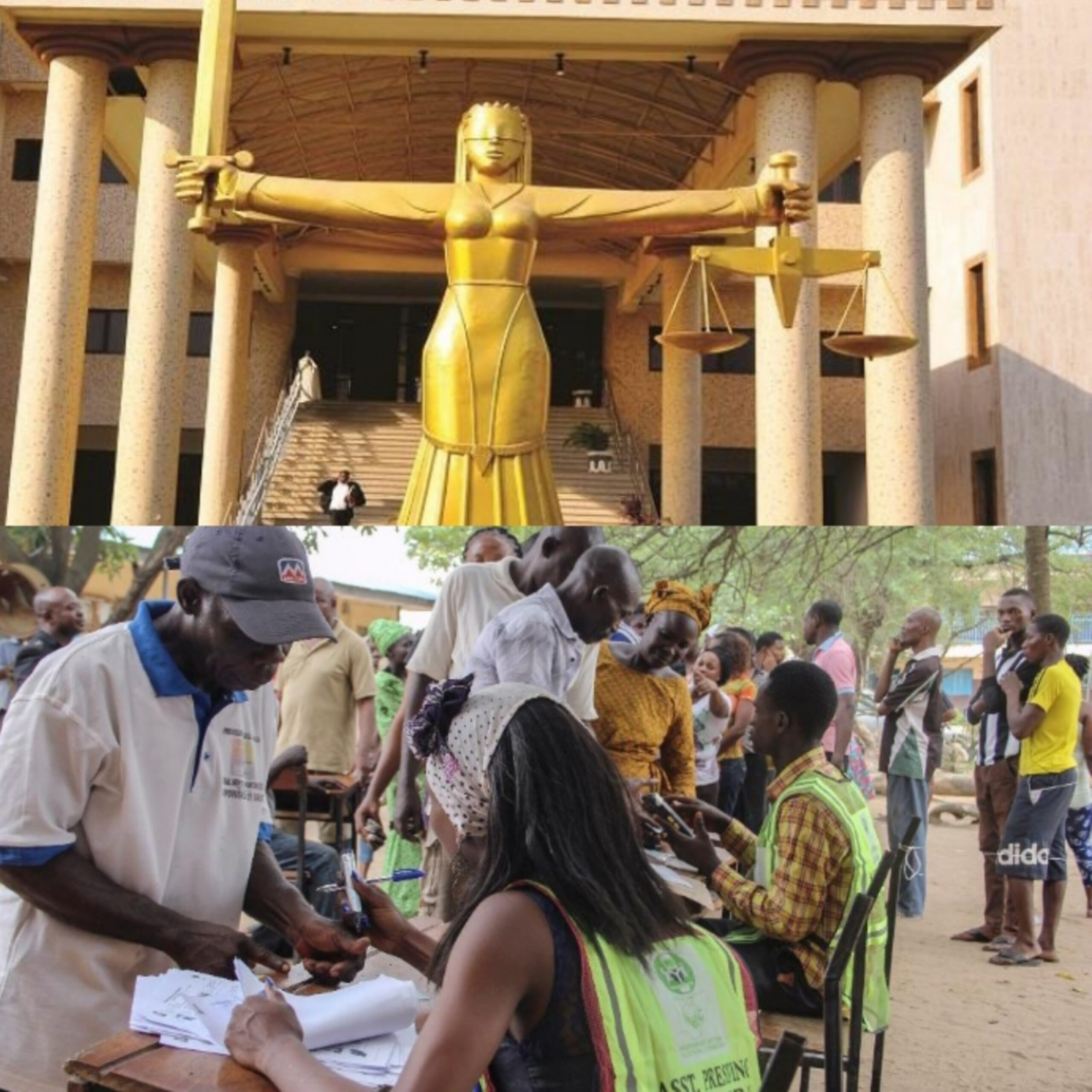

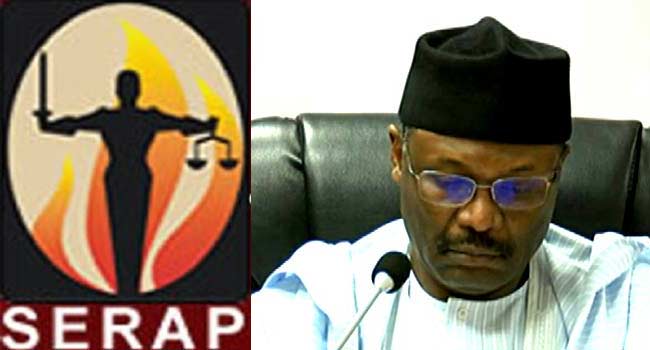
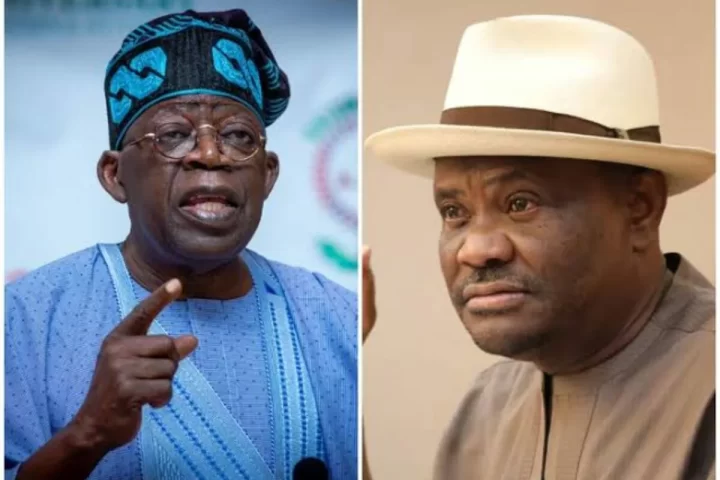









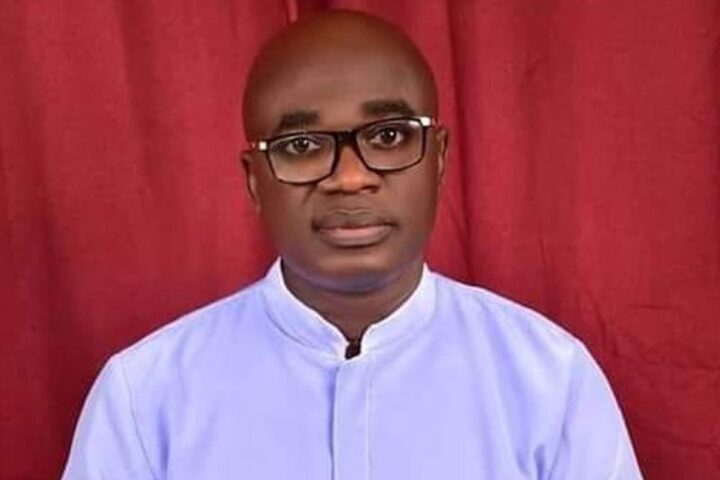
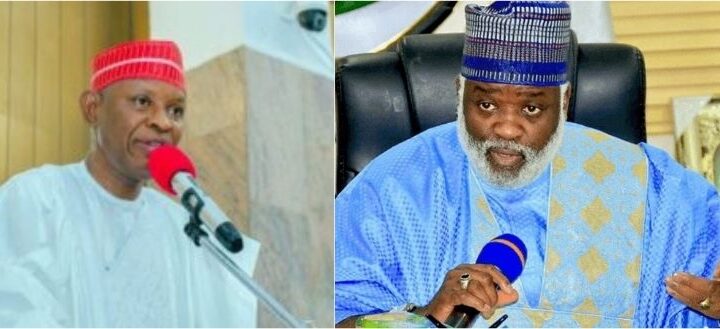
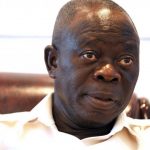
Follow Us